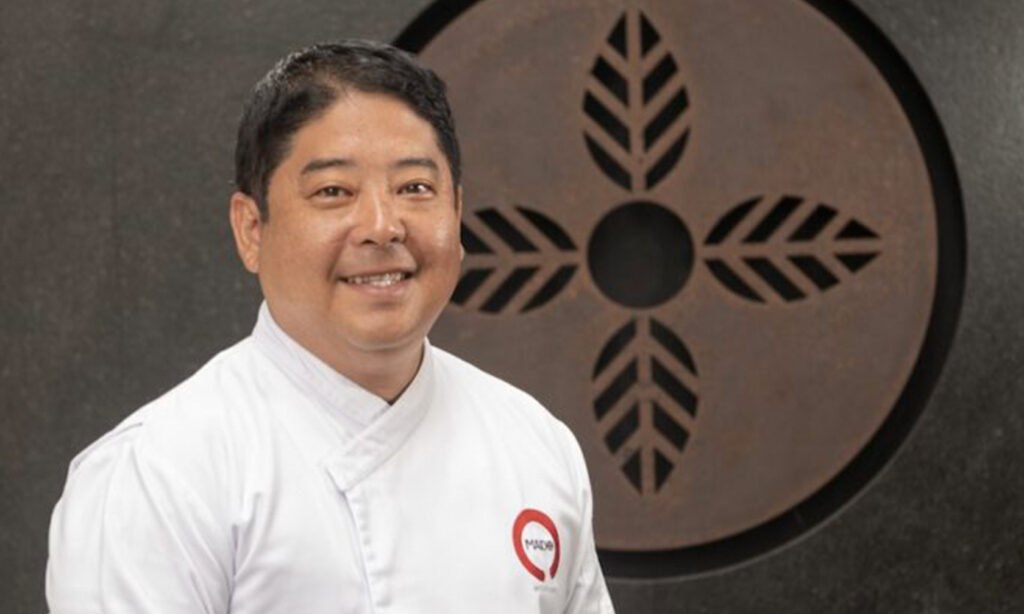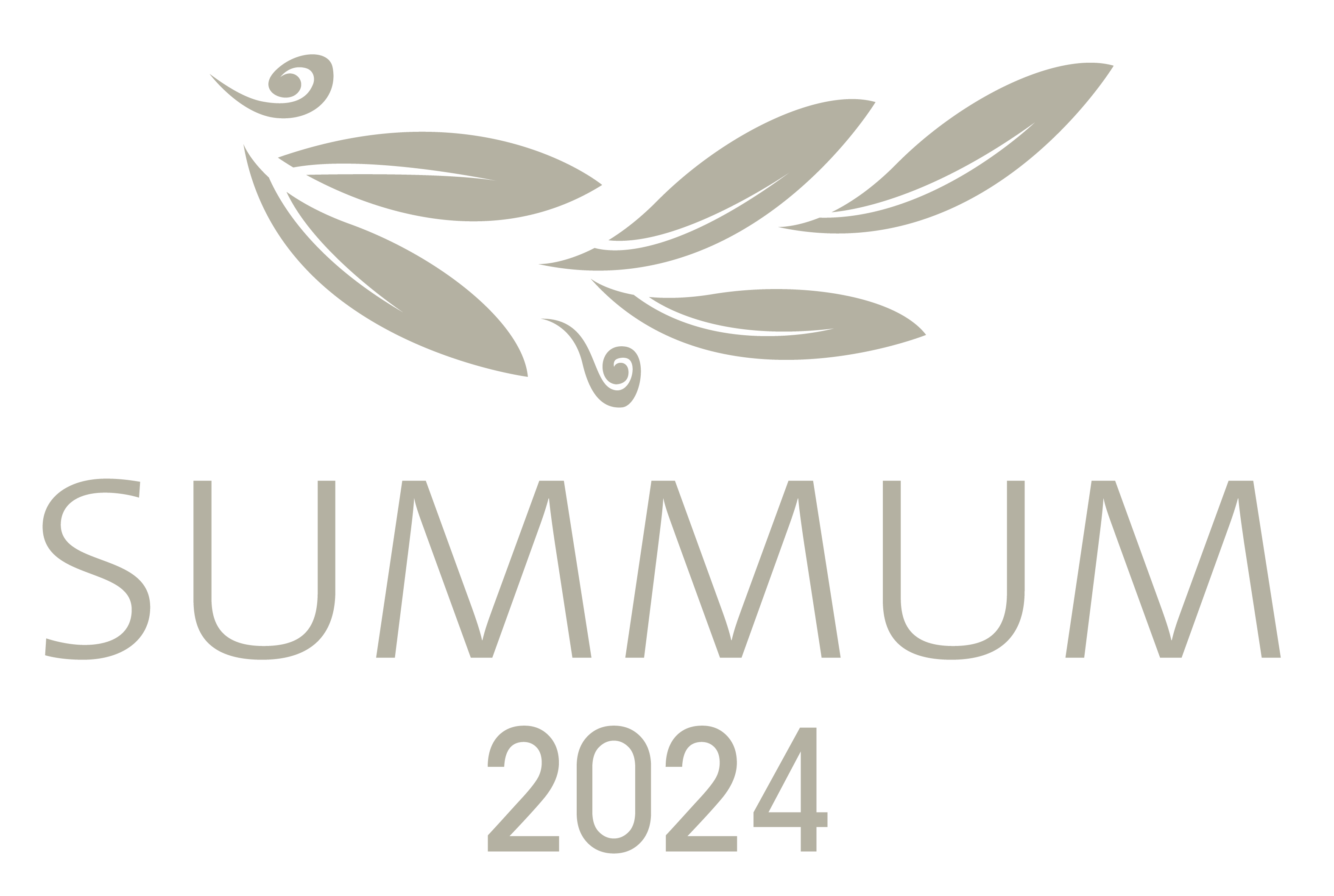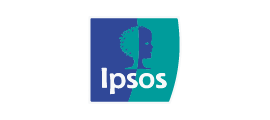
Best Cuisine d’Auteur
Mitsuharu Tsumura: curiosity, discipline, and humility

When he was ten years old, he used to watch TV shows featuring cooks like Teresa Ocampo. At the time, Mitsuharu Tsumura may not have imagined that he would eventually become one of the most important chefs in Peru—or indeed, in the world. He could never have guessed that he would one day write, “Thanks to my Maido family for always giving it their all. They’re the best team (family) on the planet…” It simply never crossed his mind.
By the time he was fifteen, he was making Christmas dinner. Up to that point, he had helped his mom in the kitchen, poking his nose into the magical universe of cooking. He may have inherited the knowledge of his grandmother Angélica. Obviously he learned a lot from his mother, and then there was Maura, the help, who guided him as he made his first incursions into the world of the stove and the flame.
What started as a hobby soon became a driving force, a reason for getting up each day. His father encouraged him to do what he loved. Perhaps “Micha,” as he is known, never thought he’d make it this far. He still maintains his childlike curiosity, the discipline of his Japanese roots, and the humility of the true greats.
He is a restless chef and researcher who has focused on the Amazon, a world that offers up new discoveries almost daily, which he brings to the tables of his prestigious restaurant. “All my life, I was training to become a cook,” he says as he looks back over his career, which started as an intern at the Sheraton Hotel, where he would soon begin to climb the career ladder.
Nowadays, he cooks and promotes products that the average Peruvian doesn’t even know exist, but with patience and loving dedication, he reaches us all. For Micha, the success of Peruvian cuisine doesn’t mean having Peruvian restaurants all over the world. The real achievement is that cooks from other countries have fallen in love with Peruvian ingredients.
He also notes the growth of regional cuisine in Lima and around the world. On every trip to our country’s interior, he discovers new techniques and products. This is the path the chef has chosen for himself, which he captures on the menu of his restaurant, Maido, ranked number 5 on the 2024 World’s 50 Best Restaurants list and first in South America. He shares these accolades, among many others, with his team. That’s Micha: a man who knows how to value each and every hand that plays a part in his achievements.




